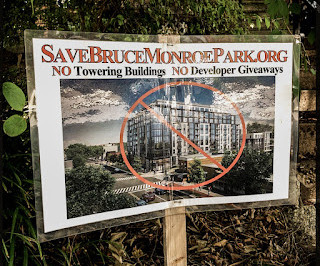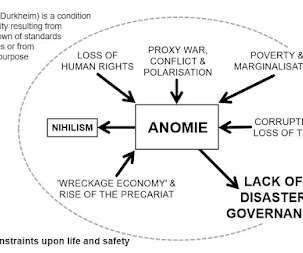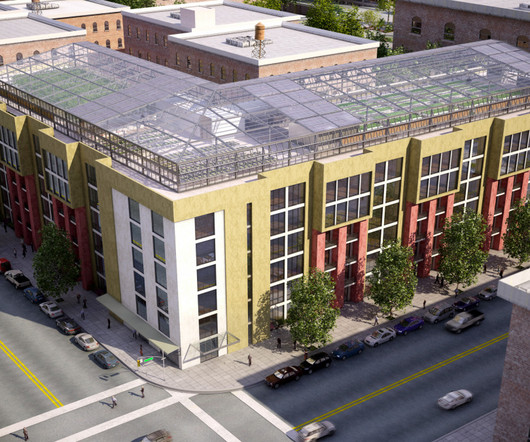I wonder if Mayor Fenty hadn't dissolved the Anacostia Waterfront Initiative in 2007, merging it into another city agency, if development would have happened faster?
Rebuilding Place in Urban Space
APRIL 27, 2024
I've written about relocation of DC government agencies over the years as a misguided economic development strategy (" The Reeves Center Myth Revisited ," 2011, " Office Buildings Won't Save Anacostia ," 2005).












Let's personalize your content